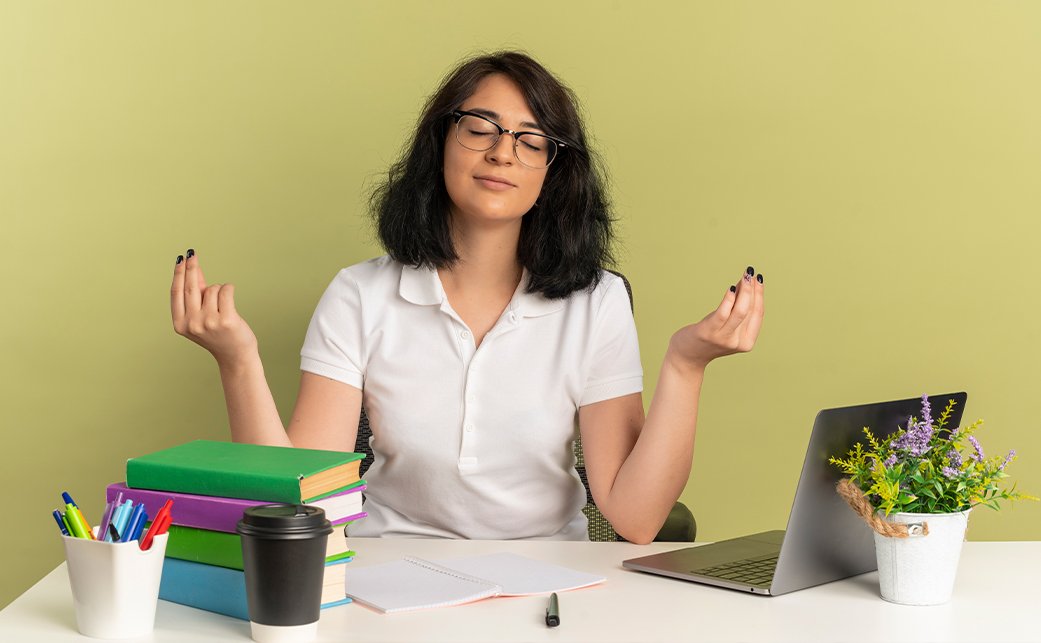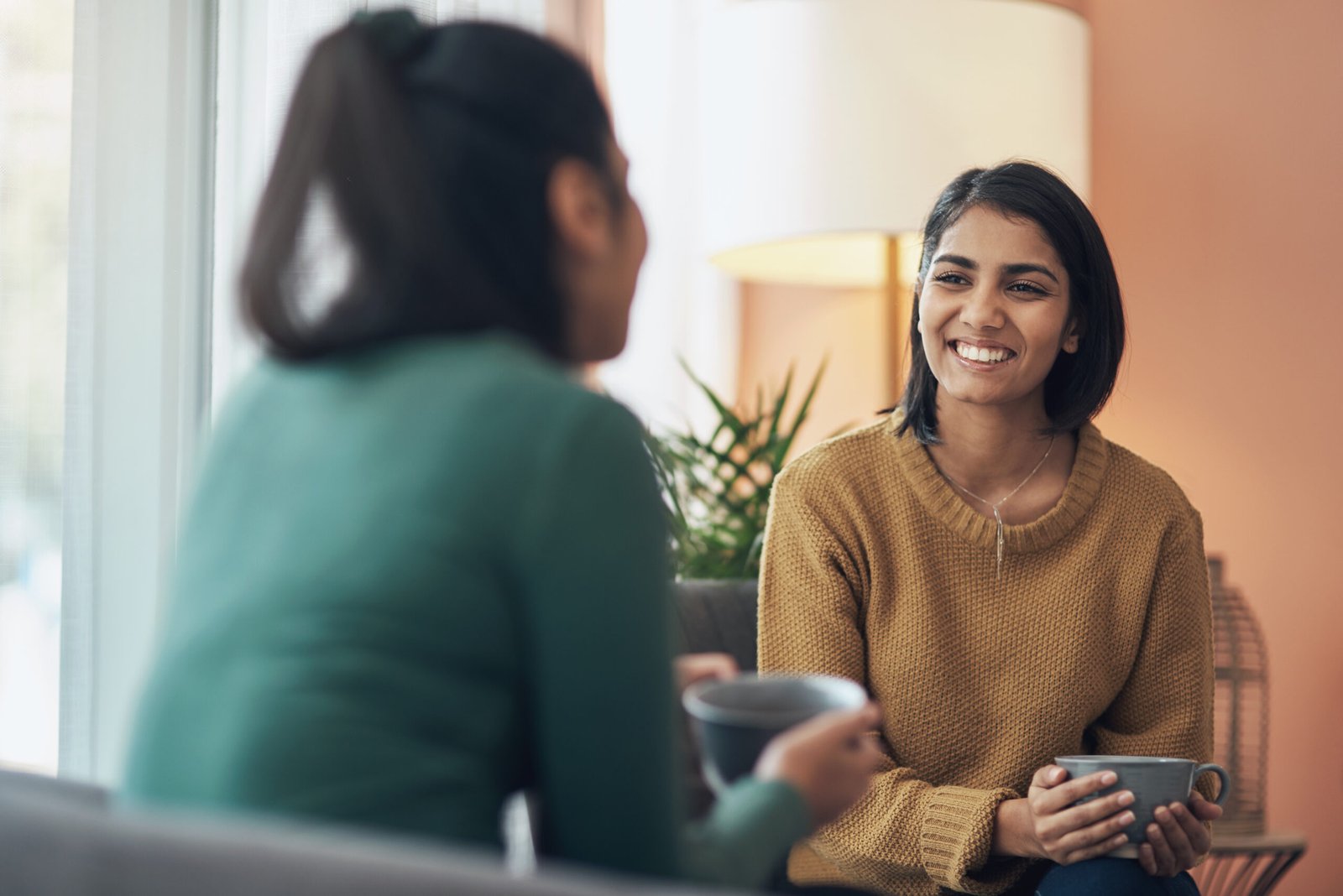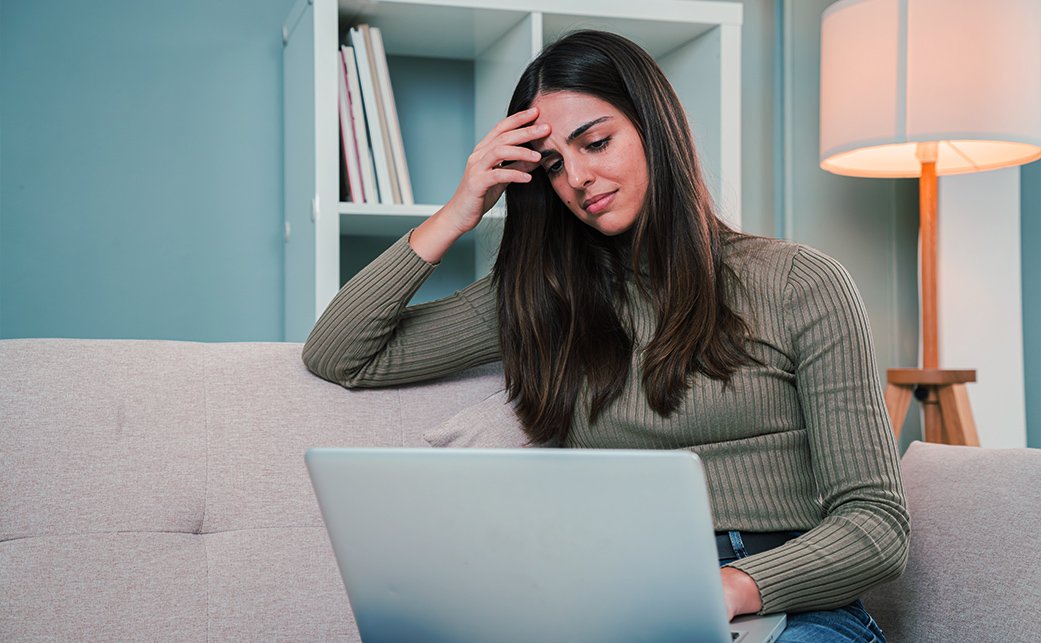
Relationships can be seemingly one of the most underrated responsibilities we shoulder for our life. Even people with perfectly running unions on Instagram, Tiktok, and other social platforms agree that relationships are hard and sometimes feel unyielding. At times of continuous distress, sometimes people lose years of hard work and companionship building as breakup seems inevitable.
Relationship counselling helps partners bridge the communication gap and address issues with constructive solutions. In this blog, we have explored all major and minor things to consider when seeking relationship counselling.
What is relationship counselling?
Relationship counselling is a collective term for therapies taken under a trained professional that helps to identify and resolve the big and small problems that are straining the relationship. It helps partners to enhance communication by eliminating the distrust and hatred built towards each other due to circumstances, people, and daily life problems.
Partners can do it face to face with the psychologists or seek online relationship counselling sessions. People also call it couples counseling or couples therapy. An experienced psychologist is able to grasp the gravity of the problems and implement proven ways that help couples to explore issues in their relationship, and improve interactions to resolve conflicts.
Couples typically opt for counseling when they find it difficult to stay affectionate towards each other. However, the immense benefits of counselling can help you address problems at any stage of a relationship and strengthen bonds.
When should you seek relationship counseling?
Postponing your counseling sessions till you feel that separation or divorce is looming can cost you gravely. It is essential for partners to identify before it’s too late. You should consider counseling sessions when facing any, few, or many of these problems.
- Expressing your feelings to one another has become a burden
- You’re stuck with one or many disagreements with no common ground or resolution
- One or both partners are criticizing or showing contempt in interactions
- Suffered from a stressful event or a major loss of loved ones in life.
- You want to do things together, but combined decision-making seems unachievable
- Events of cheating, infidelity, substance abuse and more
- You feel like your relationship is not growing and rather stuck in a loophole of similar patterns.
According to relationship experts, there is no “ideal” waiting time before seeking couples counseling. It’s best to talk to experts as soon as you notice significant issues in your relationship.
Waiting for problems to escalate and waiting too long can make resolutions difficult to achieve. As per research, many couples reportedly wait around six years before seeking help for marital problems. Remember the following points when confused about whether to seek help will work in your favor.
Early intervention is key:
Addressing issues early on enhances the chances of successfully resolving them and preventing further damage to the relationship.
No “too soon”:
When concerned about your relationship dynamics, even if the issues appear minor, couples counseling can be beneficial at any stage.
Major signs to seek counseling:
Frequent conflict, poor communication, lack of intimacy, infidelity, major life transitions, unresolved past issues, or feeling emotionally distant from your partner.
Seeking both in-person and online relationship counseling services can help you get rid of miseries that affect the marriage. However, there are certain scenarios where online relationship counseling works in your favor.
When to consider online relationship counselling?
You and your partner are living in different locations at the time. Choosing online sessions are handy ways of bridging the gap that surfaces in a long distance marriage or separated couples considering divorce.
Online counselling helps people find valuable guidance and participate in common activities even when they are living miles apart. Finding a suitable psychologist in a nearby area can be difficult, especially in remote areas. Online relationship counseling services eliminate this hurdle, as you have thousands of experts to choose from.
Many couples, especially those of Gen Z and millennials, fail to identify with traditional psychotherapy sessions. Talking to someone and opening up about your problems right from the first discussion can be pretty challenging in itself. Online therapies minimize such hurdles to a significant extent.
What to Expect from Couple Counselling?
The number of couple counseling sessions varies greatly depending on the complexity of the issues. Typically, couples need between 12 and 25 sessions to witness improvements in their relationship, with each session lasting around 50 minutes to an hour.
The first few sessions revolve around the psychologist learning about your history and the problems that’s affecting your relationships. You will be answering queries revolving around your parents, childhood, and earlier experiences in relationships, and obviously about your current relationship. For resolving complex problems, sometimes psychologists may have discussions with everyone together or separately.
Based on your precise needs and the experience of the psychologist, they can employ different therapies. There are several types of therapies used in couples counseling, including Emotionally Focused Therapy (EFT), The Gottman Method, Narrative Therapy, and Solution-Focused Therapy. Let’s explore them.
4 Main Types of Couple Counselling Therapies
-
Emotionally Focused Therapy (EFT)
This form of psychotherapy primarily focuses on helping individuals and couples understand and manage their emotions to build stronger and more secure relationships. This is achieved by primarily utilizing attachment theory to identify and restructure negative interaction patterns within relationships. It lets you foster a deeper emotional connection by addressing underlying needs and emotions rather than just surface behaviors.
EFT places a strong emphasis on emotions as a central component of human experience and considers them as the key to understanding and resolving relationship issues. This therapy draws heavily from attachment theory, suggesting that secure emotional bonds are crucial for healthy relationships.
-
The Gottman Method
This therapy focuses on enhancing relationships by teaching couples how to better communicate, manage conflict, build intimacy, and create a shared sense of meaning through strategies like “turning towards” each other. This helps to encourage fondness and admiration and addresses underlying issues that add to relationship problems.
In this therapy, the emphasis lies in identifying and repairing negative interaction patterns to strengthen the bond between partners. Couples are encouraged to actively highlight and express positive feelings towards each other to counteract negative interactions.
-
Narrative Therapy
This is a therapeutic approach that focuses on exploring the stories couples tell about their relationship. So they are encouraged to identify and reframe negative narratives, ultimately helping them view their relationship from a new and broader positive perspective. This is possible because the problem is separated from their identity as individuals.
It is based on the idea that people’s lives are shaped by the stories they tell themselves about their experiences, including their relationships. Couples are encouraged to use externalizations. This means couples need to identify and give a name to each problem in their relationship, treating it as a separate entity rather than an inner part of their identity.
-
Solution-Focused Therapy (SFT)
In this therapeutic approach the focus lies on identifying and building upon a couple’s existing strengths and resources. This encourages them to envision their desired future relationship and work towards achievable goals. The focus is shifted to the solutions Rather than dwelling on problems they are facing.
How to make relationship therapy effective?
A psychologist can only help you cope with the struggles when both partners are willing to make good efforts. There are many ways in which you can yield greater results from a couple-counseling sessions.
- Therapists provide you with a non-judgemental space, so never lie to them.
- Therapies can be a painful experience as you might get to learn hidden truths, point of views and many things about yourself. So, it’s essential to acknowledge constructive criticism and find ways to learn and grow.
- Try to listen and understand your partner’s point of view. Getting defensive may make things worse.
- Most couples need between 12 and 25 sessions to experience results.
What to do when your partner refuses therapy?
Sometimes one of the two partners is adamant on not consulting a psychologist. Remember, you can only try to convince them and enforcing is not the way to go. Although you can see a therapist on your own and resolve issues you are facing as an individual.
Conclusion
Counseling lays the foundation for reigniting sparks with your partner. While every marriage has problems, sometimes you need experts to assist you. At Talk n Share you can book online or in-person relationship counselling in Delhi with Dr.Sangeeta Gupta. She is an experienced psychologist helping partners rediscover love and joy in living together.
OUR LATEST BLOGS
Read our latest blog posts and find out how can you improve your life immediately.

April 4, 2025
Work-Life Balance: How Stress Affects Women’s Mental Health
Women are the pillar of any society as they can take on several challenging roles and shoulder them with dedication. Working full-time jobs along with handling the household responsibilities often takes a toll on the physical and mental health of the female employees. In India, there’s a significant gender disparity in household activity participation. Women […]
Read More
March 11, 2025
This Women’s Day – Explore Your Mental Health Needs
Women are estimated to be twice as likely as men to experience depression. Various factors like hormonal fluctuations, societal pressures, and genetic predispositions potentially contribute to these differences. Societal expectations and gender roles can play a role in how men and women experience and express mental health issues. Women are often exposed to higher levels […]
Read More
March 6, 2025
Benefits of Online Counselling for Depression
The internet has opened up promising new platforms for seeking depression counselling. Many people living in rural areas or failing to find suitable psychologists nearby trust online sessions for improving their mental health care. However, that’s not all; online counseling for depression also helps people protect their privacy and choose among the vast sea of […]
Read More


